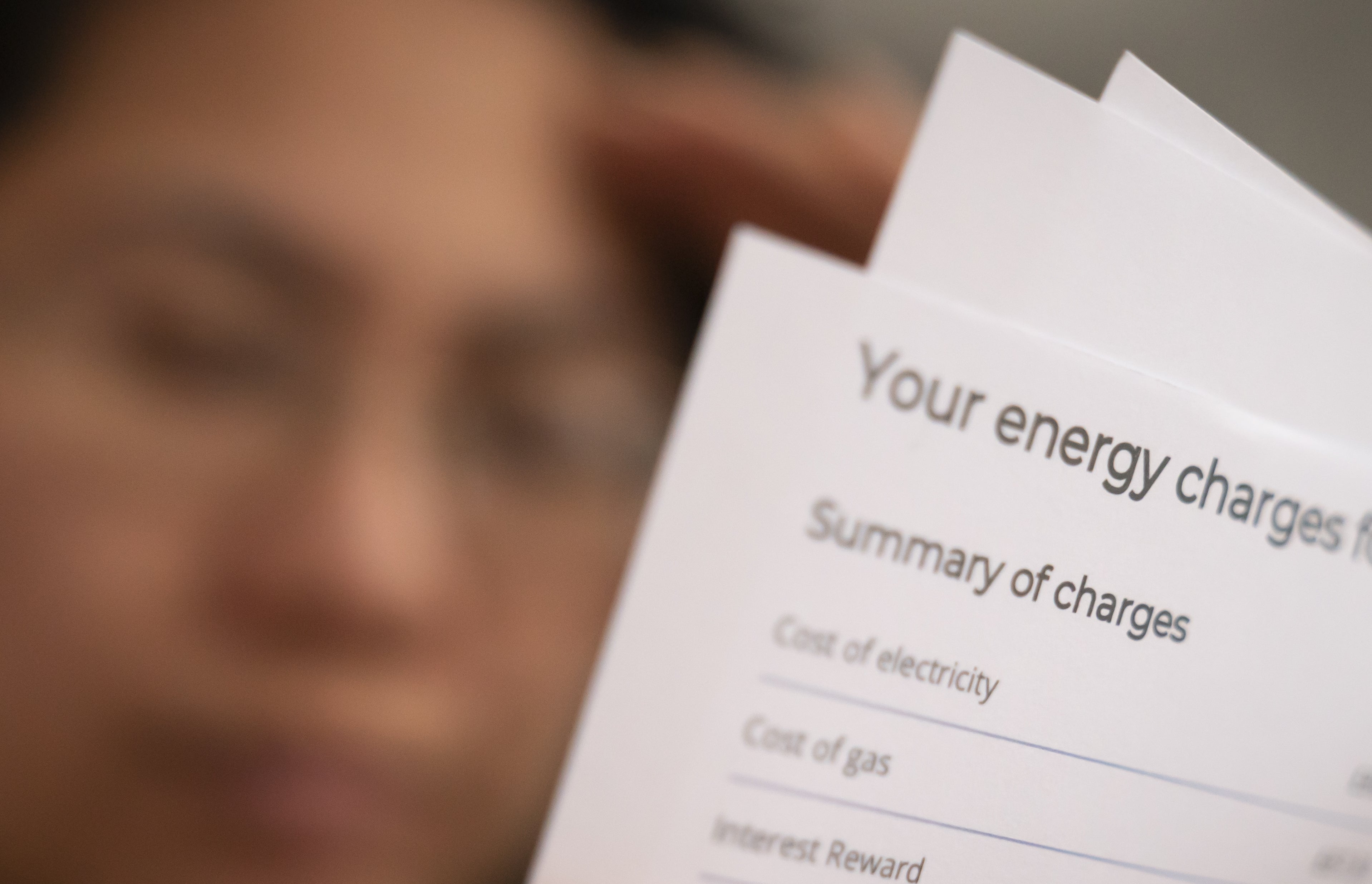Households will have to wait until March for help with energy bills – minister
Kwasi Kwarteng said there were a number of schemes under discussion.

The Business Secretary has said households will need to wait until March to find out if a scheme reportedly under consideration to hand out £500 one-off payments to help with energy bills will go ahead.
It has been reported that the Chancellor Rishi Sunak is considering making direct payments of up to £500 to struggling families as the cost of energy bills are set to soar.
But Kwasi Kwarteng said the Government is “trying to work out the best way to deal with what is a really, really serious problem”.
Emma Pinchbeck, chief executive of Energy UK, the trade body for suppliers, has said bills could increase again in October after a predicted 50% jump for millions of households in the spring.
The Social Market Foundation think tank has proposed cash payments of up to £500 would be the best answer to the cost-of-living crisis.
Dr Aveek Bhattacharya, the organisation’s chief economist, said households where no-one is a higher-rate taxpayer should get a payment of £300, with an extra £200 for those on Universal Credit or legacy benefits.
And he said the scheme, modelled on the US stimulus packages seen during the pandemic, could even be dubbed “Rishi’s Cola (Cost of Living Assistance)” and bear the Chancellor’s signature.
Mr Kwarteng told ITV’s Good Morning Britain that billpayers will have to wait until the Spring Statement in March to find out what extra support might be available.
“Lots and lots of things have been discussed, and I’m sure that’s one of the things that we’ve been talking about,” he said.
“My officials in the department speak to Treasury officials, and ministers speak to each other all the time.”
But he added: “I think we’ve got to wait and see what the actual announcement is.”
Downing Street has said work is “ongoing” to determine measures to ease the strain of high energy bills.
A spokesman for Prime Minister Boris Johnson said: “I understand there will be a lot of speculation on proposals due to the pressures people are facing on their household bills.
“Work is ongoing across Government to look at what we can do mitigating the impact of substantially higher bills. I’m obviously not going to pre-empt that work but it remains the case that we are committed to supporting the most vulnerable in society.”
He added: “We will always look to try and support those who are the most vulnerable in society. That’s why we continued the energy price cap, for example, that’s why we changed the Universal Credit taper, and we increased the living wage to ensure that we can support the most vulnerable in society.”
Bookmark popover
Removed from bookmarks